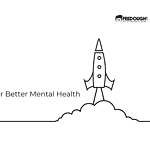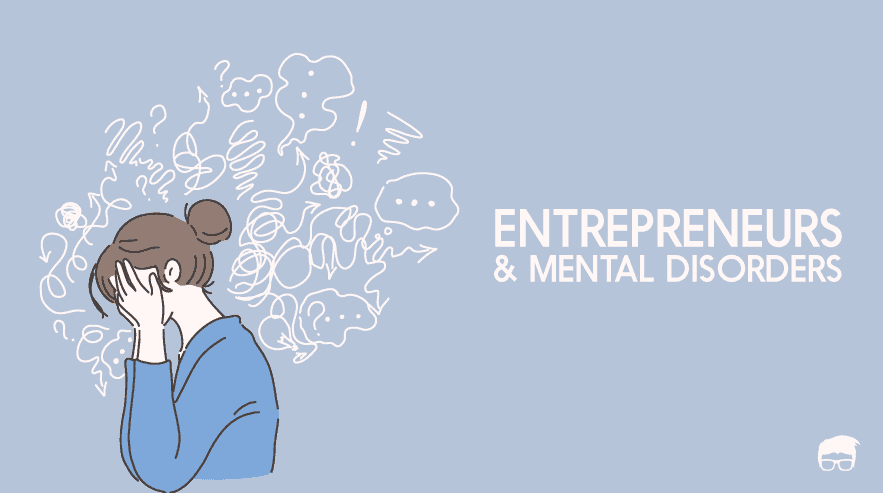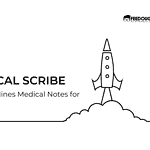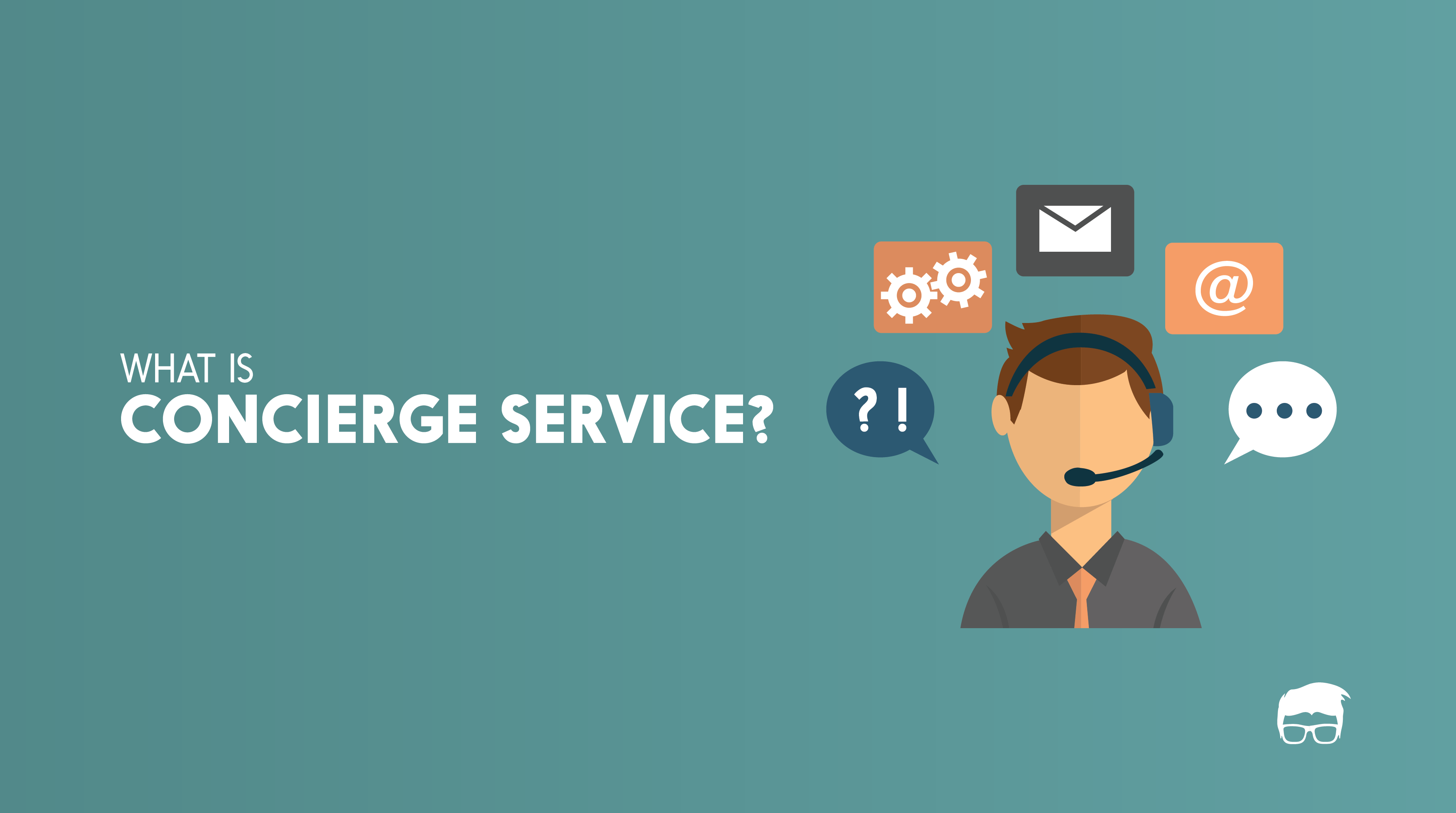Therapists often juggle back-to-back sessions, battling the immense pressure of attending to clients while tackling piles of documentation. The straightforward truth? Client-provider communication is broken, especially in mental health—an industry built on trust and relationships.
Right now, many mental health professionals are drowning in paperwork and burnout. They’re left with little time to connect with their clients outside of sessions, which can stall progress. Meanwhile, clients may feel lost without ongoing support, unsure if they’re making any headway.
This is where Opal steps in, transforming that stressful scenario into a more manageable reality. By functioning as an AI-powered assistant, Opal enhances communication between therapists and clients. It bridges the gap between sessions, enabling engagement and tracking progress without adding to the clinician’s workload. This means therapists can spend less time on documentation and more time focusing on what truly matters—their clients.
To explore how Opal is reshaping the mental health landscape, we did an interview to find out more. Let’s dive into this innovative approach to therapy support.
What is Opal?
Opal is an AI-powered assistant designed specifically for mental health professionals. It functions as a support tool that streamlines client-provider communication, addressing the prevalent issues in mental health care. It’s especially beneficial for therapists in private and group practices who conduct telehealth sessions.
The problem Opal tackles is the broken communication between clients and therapists. Many clinicians deal with heavy caseloads and extensive documentation. They often run into burnout due to administrative demands that divert attention from client care. With Opal, therapists like yourself can manage client interactions even between sessions. Imagine being able to track client progress effortlessly, keeping the therapeutic relationship active beyond scheduled meetings.

What truly differentiates Opal is its research-backed methodology. Rather than just automating note-taking like other tools, it actively engages clients, helping them internalise their progress and providing custom prompts tailored to their needs. Opal not only manages documentation but also enhances treatment outcomes, boasting a reported increase of 65% in client progress. This balance of efficiency and effectiveness allows therapists to spend more time focusing on care rather than paperwork.
Opal Founders
Cole Smith stands at the helm of Opal as its CEO and Co-Founder. With a robust background in machine learning, he brings over seven years of experience in deep learning and natural language processing. His previous role involved leading AI engineering teams at a billion-dollar startup, focusing on complex dialogue systems for natural language processing. Cole’s academic credentials include a master’s and a bachelor’s degree in Computer Science from NYU. This unique blend of technical prowess and insight into the therapeutic landscape sets the stage for an ambitious project.
Anne Smith complements Cole’s technical skills with her extensive experience as a licensed mental health counsellor. Over the past decade, she has engaged directly with clients navigating various mental health challenges. Anne’s history includes leading groups for survivors of domestic violence and participating in initiatives aimed at suicide prevention in a community health setting. With this dual lens of clinician and product developer, Anne brings a crucial understanding of the barriers therapists face every day.

The early days of Opal were characterised by Cole’s realisation of a pressing need in the mental health sector. Witnessing the struggles of his mother, a therapist, allowed him to appreciate the overwhelming administrative burdens placed on providers. Feeling the frustration of therapists enduring burnout, he embarked on creating a solution. Cole began developing a small prototype focused on writing clinical documentation. However, he quickly recognised that this approach merely scratched the surface. The complexity of therapy practice demanded a deeper, more systemic fix.
Thus, Opal was born, evolving into a comprehensive AI assistant that directly addresses the heart of the matter—client-provider communication. The founders understood that by nurturing the therapeutic relationship, they could empower therapists to manage their caseloads and documentation more effectively. Their emphasis on research-backed strategies informed not just the tech but the overall philosophy behind Opal. What emerged is more than just an app; it’s a supportive resource designed with real therapists in mind, showing the founders’ commitment to understanding and solving problems faced by mental health professionals.
Interview with Cole Smith, CEO and Co-Founder of Opal
I had the opportunity to interview Cole Smith, the CEO and Co-Founder of Opal. Cole shared insights into the complexities surrounding mental health care and how Opal aims to address these challenges.
Q: Can you explain what Opal does in a nutshell?
A: Opal helps therapists deliver better, faster care by creating progress through every client interaction. The focus is on improving client-provider communication, especially in mental health, where relationships are vital.
Q: Who is your target audience?
A: We serve mental health professionals, including private and group therapy practices that conduct telehealth therapy across the United States.
Q: What specific problem does Opal aim to tackle?
A: We address the broken communication between clients and providers. This problem is most apparent in mental health care, where the relationship is fundamental. By bridging the gap between sessions, we help clinicians manage the overwhelming documentation tasks while enabling continued client progress.
Q: How exactly does Opal solve this problem?
A: Opal acts as an AI assistant for both clinicians and clients. Clinicians can instruct Opal to engage with clients between sessions on specific topics. It helps clients internalise their progress and gather feedback on how they are doing. This results in improved treatment outcomes and saves clinicians nearly two hours a day in administrative work.
Q: Tell us about your team’s background.
A: I lead the team with a strong technical foundation. I have over seven years of experience in machine learning and natural language processing. Anne Smith, our Head of Product, is a licensed mental health counselor with a decade of experience working closely with clients. Our combined skills equip us to tackle the issues therapists face.
Q: What inspired you to enter this industry?
A: I grew up watching my mother work as a therapist. I observed her struggle with long hours spent on documentation after sessions. Over time, I saw many therapists burn out, not due to a lack of passion for their work but because of administrative burdens. This inspired me to use my skills in machine learning to create a practical solution.
Q: What key lessons have you learned in the early days of Opal?
A: Initially, I focused too much on building flashy products without understanding customer needs. I realised that the most valuable insights come from talking to your customers and remembering who you started your business for. We stay customer-obsessed, using their feedback to inform our product development.
Q: How does Opal distinguish itself from its competitors?
A: Many competitors address symptoms rather than the root issues in mental health care. While there are AI scribes available, they often fail to deliver on promises of reducing burnout. Opal takes a research-backed approach that focuses on improving client-provider communication to strengthen their relationships effectively.
Q: Have you secured any external funding?
A: No, we haven’t received external funding yet. We believe in proving our concept through our product before seeking financial backing.
Q: What are your plans for the future of Opal?
A: We plan to release a version of Opal that anyone can use for mental wellness. This will allow users to journal or reflect anonymously, facilitating better communication with their therapists. This process ensures clients arrive at sessions prepared, allowing therapists to dive straight into treatment.
Q: How are you currently generating revenue?
A: At the moment, we are pre-revenue and offering free trials of our research preview. We average about 15 customers per month, with a projected 50% month-over-month growth since our launch in September 2024.
Q: What advice would you give to aspiring entrepreneurs?
A: Talk to your customers and ignore everyone else. This focus will guide your business decisions and ensure your product meets real needs.
Feedough’s Take on Opal
Opal is positioning itself as a game changer in the mental health sector. By effectively streamlining communication and reducing administrative burdens for therapists, it empowers them to focus on client care, fostering deeper connections and better outcomes. The AI-driven approach not only enhances progress tracking but actively engages clients between sessions, which is vital in therapy.
Looking ahead, Opal has the potential to disrupt traditional mental health practices, aligning therapy with modern technological needs. However, to maintain momentum, it’s essential for Opal to continuously gather user feedback and iterate on its features. Emphasizing accessibility in future versions could further democratise mental health support, ensuring it reaches a broader audience.
A startup consultant, digital marketer, traveller, and philomath. Aashish has worked with over 20 startups and successfully helped them ideate, raise money, and succeed. When not working, he can be found hiking, camping, and stargazing.









